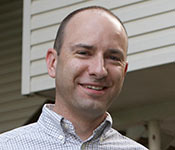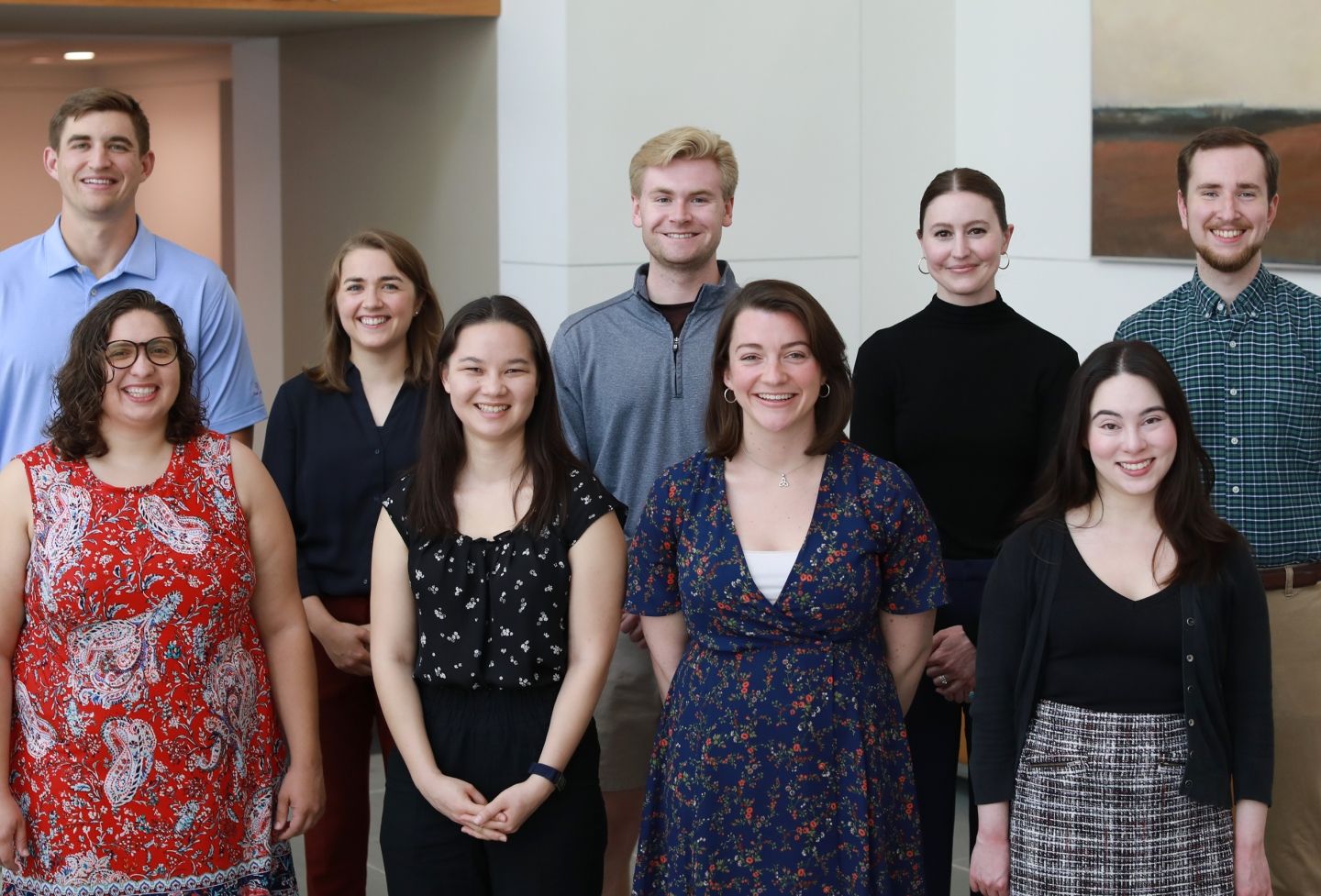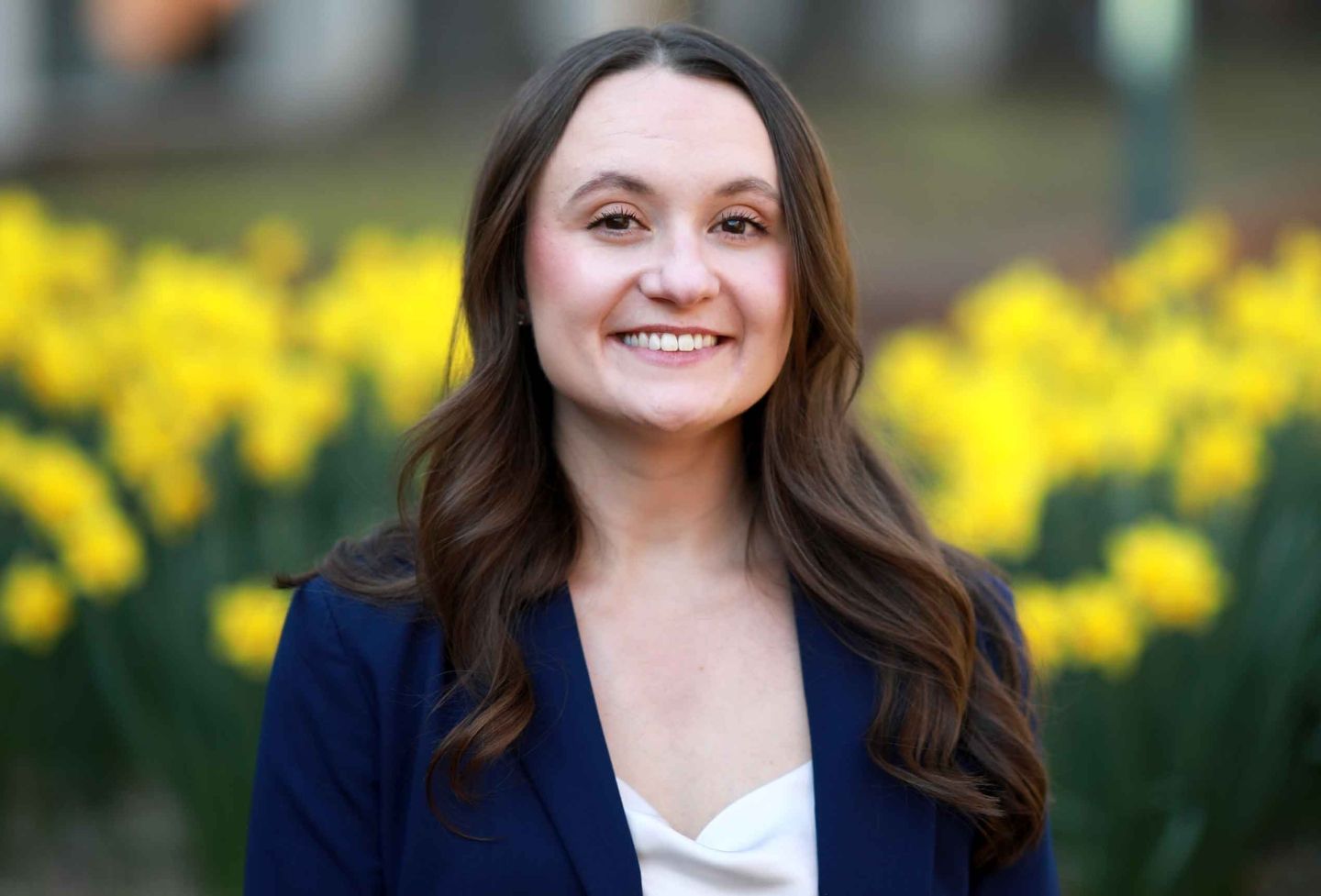Storey to Use Powell Fellowship to Advocate for Immigrants
The rights not only of immigrants, but of all Latinos and people of color, are being put in jeopardy as state and local governments create their own methods to fight illegal immigration, according to third-year student Phil Storey, this year's recipient of the Law School's Powell Fellowship.

After graduation, the fellowship will help Storey as he works with the Charlottesville-based Legal Aid Justice Center's Immigrant Advocacy Program.
"I'll basically be working to protect the rights of immigrants from state and local attempts to crack down on immigration," Storey said.
The Powell Fellowship is designed to help recipients give legal assistance to the indigent. It provides $35,000 plus benefits for the first year, and is renewable for a second. During that time, recipients' loan payments are paid for through the Virginia Loan Forgiveness Program.
"Anyone who gets to know Phil Storey will be deeply touched by his commitment to alleviate the suffering of the poor and to advocate on behalf of many indigent communities," said Public Service Director Yared Getachew. "One of Phil's recommenders spoke about his intense compassion for his clients and his extraordinary work ethic. Beyond his impressive advocacy skills and academic accomplishments, these are two qualities that will make Phil a highly successful Powell Fellow at LAJC and a public interest attorney. I am honored to have had the opportunity to work with him."
Getachew said the Powell Committee was impressed by Storey's personal and work backgrounds, including his volunteer work with Capital Area Immigrant Rights Coalition, Legal Aid Justice Center, Central Virginia Legal Aid Society, Migrant Farmworker Project, Charlottesville-Albemarle Public Defender Office, Students United to Promote Racial Awareness, Meals on Wheels and many others.
The Powell Fellowship will assist Storey in his latest endeavor: trying to prevent state and local governments from harming their own Latino and immigrant populations. As the federal government has failed to enact comprehensive reform, many state and local governments have taken it upon themselves to enforce immigration laws, Storey said. In some localities, police or jail officials are trained for immigration enforcement duties.
"So they try to crack down, and that will always affect not just the people who are here without legal status, but also legal immigrants and even citizens," Storey said.
Local immigration control efforts can prompt a climate of fear among immigrants, and in some cases can prevent even legal immigrants from seeking out services for themselves or their families.
"Localities are really poorly situated to make fair decisions about how immigration should be enforced," he said.
The most visible way to fight a locality if it goes too far is to file a lawsuit, but that isn't always the best way to get results, Storey said.
"I think that can be counterproductive. Sometimes it's necessary, but it can also galvanize the population."
The perception that an organization like the American Civil Liberties Union or La Raza is sweeping into a community to sue a local government can create an adversarial environment in which the local officials and residents resent the intrusion, he said.
"I think a more successful approach is to support local groups and constituencies" that advocate for immigrant populations, Storey said.
His work with the Immigrant Advocacy Program will involve providing legal consultations to such groups and will include distributing know-your-rights materials to immigrant populations and informational materials and advocacy to law enforcement and other authorities.
"One of the reasons I think this is such a timely issue is because historically, when the economy tanks, immigrants get scapegoated," said Storey, who was motivated to come to law school in part by his interest in immigration law.
He acknowledged that the federal government needs to take some action on immigration, and said he can sympathize with local governments who are frustrated by a perceived drain on services by residents that have no legal status.
But turning local governments into immigration enforcers does more harm than good, he said.
"Making it uncomfortable for your specific population of poor Latinos is not fixing the problem."
Founded in 1819, the University of Virginia School of Law is the second-oldest continuously operating law school in the nation. Consistently ranked among the top law schools, Virginia is a world-renowned training ground for distinguished lawyers and public servants, instilling in them a commitment to leadership, integrity and community service.


